Sibelius – Symphony n° 2 – Compared listening
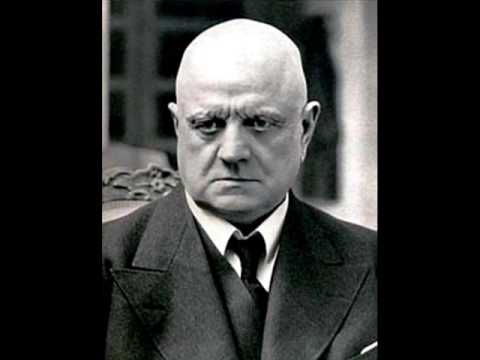
This is the favorite symphony by Sibelius, even more than the 5th. Its length should be around 45′, but it goes from 39′ (Kajanus, Paray)to 51’ (Bernstein / Vienna).
Discography is very confused between official records and live (Barbirolli …) and false (Scholz ??).
If one sticks to the record covers, Barbirolli was the most reprinted but there is a proliferation of North European conductors and ultra-economic series. Finally, Sibelius is the prerogative of the English leaders, Beecham, Davis, while the only French conductors having recorded this work are Pierre Monteux, Paul Paray and confidentially George Prêtre, pretty old recordings…
We identified more than 50 versions available … For once we will stick to studio recordings and we will select them through the 1st movement process of large geographic groups of conductors.
1st Movement – Allegretto
Nordic and Russian
(We did not have access to Kondrashin / Concertgebouw at Thara)
Robert Kajanus – Royal Philharmonic – 1930
Robert Kajanus (1856-1933) was the Finnish composer’s most prominent before the advent of Jan Sibelius. He is the founder in 1882 of the Helsinki Philharmonic (Suzana Malki will be its principal conductor next year). In the early 30s, an arrangement between EMI England and the Finnish government allowed the start of recording the Sibelius symphonies, interrupted by the death of Kajanus.
Only Paray will be as fast. And yet it is Allegretto. But we do not really feel that tempo, episodes going well quickly. Did Sibelius really liked it? He was not like Stravinsky, criticizing every single conductor interpreting his music… The end of the movement has a welcome hieratic side though. Very intelligible orchestra. 7
Okko Kamu – Berliner Philharmoniker – 1970
Karajan had left this ‘specialist’ to complete its full DG set, probably because of his contract with EMI for which he recorded the same work at about the same time. Sibelius admitted not understand why the first theme was played – “one of the happiest I composed” as slowly. This is somewhat the case here. Superb strings of course. Reading is a bit fragmented, orchestral beauty is not enough to attract attention. Beautiful moments nonetheless. 7
Gennady Rozhdestvensky and the Moscow Radio Symphony Orchestra – 1970
This time the work really lives, it is taken from end to end, even the silences are structuring. And despite a sound recording made from a distance. This is both panting and analytical, with a stunning mastery of dynamics. Great, shame we had to go on a pirate site to have access to it… 9
Paavo Berglund – Bournemouth symphony – 1978
Very slow, a little heavy suddenly, Sibelius wouldn’t like: a less joyous first theme is hard to find. Curious musicality for the strings, it is flat, not always very clean, then it’s more nervous than lively. 6
Herbert Blomstedt – San Francisco – 1992
Meticulously detailed orchestra, this time there is a real time and episodes management, which announces the future Sibelius. It’s alive, engaged. 7.5
Mariss Jansons – Oslo Philharmonic- 1993
Born in Latvia, he was known for his Tchaikovsky at Chandos with the Oslo orchestra, before becoming one of the stars of the stick. We cannot say that his albums have generated great enthusiasm, although it’s always well done, maybe we should have the chance to see him live?
It is slow, commonplace strings phrasing a bit at first, then some animation, but this is policed, even careful, and lacks of necessity. 6.5
Paavo Berglund – Chamber Orchestra of Europe – 1997
The same as in 1978. I think it is worse: the musicians do not have the most beautiful sounds, always the curious accents at the strings are fairly flat and non-existent.
In saying that to the versions that are ‘innovative’, one might think that I prefer “romantic” versions. Nay! We just want lively interpretations and be moved, not necessarily in a ‘romantic’ way. I remember an excerpt from the 5th with Esa-Pekka Salonen in Verbier: not an ounce of romance but a kind of bewilderment …). 5.5
Petri Sakari – Iceland symphony – 1999
Petri Sakari is a “regional” conductor born in 1958 and occurring mainly in Finland and Iceland. It’s slow, sounds small, no accent, dynamics… 5.
Oramo – Birmingham – 2001
The first theme is light, it is detailed, it lacks a little of energy, first role devoted to the strings, beautiful passages, but it’s a bit flat again, except the end for which he has reserved a dynamism that redeems the beginning. 7.5
Osmo Vänskä – Lahti – 2006
Atmospheric recording. Many nuances, details, it’s curiously cold and full of atmosphere, it still lacks dynamics, but this is not the point: it’s done “in a 7th manner”: he retains the overall flow for better reflecting the episodes which then take their place. It’s pretty awesome. 8.5
Berglund – London Philharmonic – 2006
He’s back! The first theme is lagging behind, always the same tics, nothing happens! I have no a priori against this conductor, I recall one or two correct Kullervo, but really … 5
Vladimir Yesipov – USSR State Symphony Orchestra – 2009?
It’s slow, sound very present and reverberated. Unable to find any information on this conductor, except that he was active in the 70 … A false nose? It does not appear: multiple records are signed for Denon. It’s lively, sound very artificial, but it is epic, taking. 8
Pietari Inkinen – New Zealand – 2011
Nothing conclusive here either. It’s pretty ‘pastoral’, with beautiful strings. Nice balance, a good version more, but nothing striking. 7
Anton Nanut – Slovenian Radio Symphony Orchestra – 19??
It is a little loose, not very well adjusted orchestral balances, but a lively version. 7
Osmo Vänskä – Minnesota – 2012
This is again very worked, just a little faster than 6 years before. The same options, but it works less well, everything seems a little ‘called’. 7
Leif Segerstram – Helsinki – 2013
Traditional version, with body, great pace, too bad about the phrasing of the strings always end a little “inside” which affects the presence, but the sound is a bit muffled. But it then turns a little on the side of Rachmaninov … Despite the beauty of the orchestral image, a disappointment. 6.5
Mariss Jansons – Concertgebouw – 2014
Superlative orchestra, a little heavy, but it sounds so good … The whole lacks of project … 7
Americans – Sort of
American conductors or those having essentially practiced in the US.
Leopold Stokowski – NBC – 1946
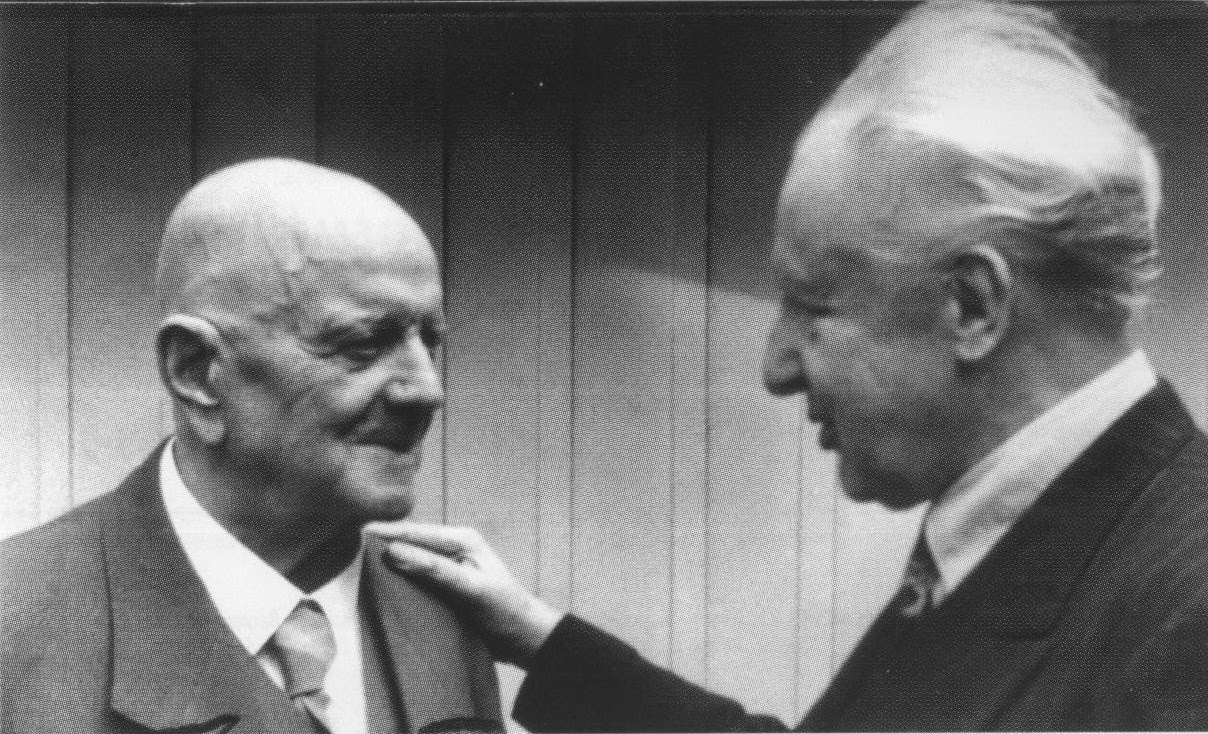 It is huge and close at the same time. It is something, may seem a little biased, but everything works superbly, we are taken all the time! A magician of the orchestra, but also a musician who knew appropriating the works! Grand. 8.5
It is huge and close at the same time. It is something, may seem a little biased, but everything works superbly, we are taken all the time! A magician of the orchestra, but also a musician who knew appropriating the works! Grand. 8.5
Koussevitzky – Boston – 1950
A very serious general tone, nice orchestra, alive, well arranged, a traditional version, in one block, but the sound (wind advantaged) gives a slightly thick image. 7
Lorin Maazel – Vienna Philharmoniker – 1964
First theme very worked, it is held under control, many micro-figures well rendered, the speed, the drive, some instruments highlighted at the editing, but it’s very lively and addictive. 8.5
George Szell – Concertgebouw – 1964
Violins are curiously on the right … it is very detailed, a little placid before the ‘mayonnaise’ takes in the middle of the movement. Still a great conductor for sure. A beautiful version. 7.5
Leonard Bernstein – New York – 1969
It is quite reverberated. The beginning is curiously Schubert. Languor, editing noticeable, it is quite fragmented, say artificial, such as the stereo, but there is some panache, especially towards the end when it is this time organized. 7.5
Maurice Abravanel – Utah – 1977
Maurice Abravanel (1903-1993) will lead the Utah Symphony from 1947 to 1979.
It is slow, uncommon balances for the strings, very carefully and very well done, slowness here brings some serious tone. A true interpretation, endearing. 8
Yoel Levi – Cleveland – 1984
We put Yoel Levi (1950 *) in this category, even if it has instead conducted in France in recent years and is now at the head of the KBS Symphony Orchestra (South Korea).
Not very clear capture. It runs nicely, without anything interesting really popping out. Flat and boring. 6
Leonard Bernstein – Vienne – 1987
The swan song of Bernstein (1918-1990), who, like Celibidache or Giulini, led more and more slowly at the end of his life.
As they say now, “here we are really on a stretched tempo!”. It is much more sophisticated than 18 years ago in New York. When the work was created, Sibelius was 37 years old … Without going to that of Kajanus, it’s hard to think that he imagined this movement in that tempo. Nevertheless, it is inhabited, but it’s a little Richard Strauss … 7.5
Zubin Mehta – New York – 1990
Again a slow tempo, it is sweetish, inconsistent. 5.5
Levine – Berlin – 1993
Fast, reverberated, but we get quickly bored. Beautiful orchestra, but we do not feel any interpretive project. 7
Lorin Maazel – Pittsburgh – 1995
It will be even slower than Bernstein / Vienna … (11’28 ” against 8’24 ” to Kajanus …). But here, unlike Bernstein, there is no real musical flow, it is frankly heavy, the sound is muffled enough. 5.5
James Depreist – Oregon – 2004
James DePreist was one of the few colored conductor who got polio when he was young (1936-2013).
A nice version honest orchestra, a good set up, a version for a “light music” radio station? 6
We could not find the Stokowski version in London in 1976, at the age of 94 …
English – plenty of ‘Sirs’
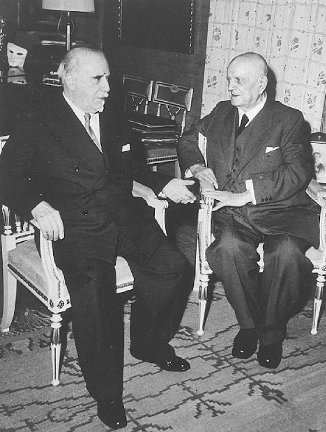 No Beecham studio, concerts in 46 and 54 among others, in precarious sound.
No Beecham studio, concerts in 46 and 54 among others, in precarious sound.
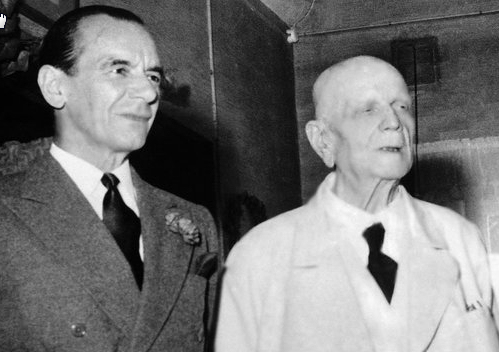 Note that the Malcom Sargent / BBC de 1956 has been reissued by Forgotten records.
Note that the Malcom Sargent / BBC de 1956 has been reissued by Forgotten records.
Antony Collins – London symphony – 1953
It is all calm and distinguished with Antony Collins (1893-1963). But why not; it is in any case atmospheric, poetic. Say only after getting shot with vodka with Rozhdestvensky, a little tea with milk cloud does not hurt. Among the versions ‘light’ heard so far it is probably the best organized. Beautiful mono, no excess either. Very nice orchestra and orchestral balance also. 8
John Barbirolli – Hallé – 1967
Here is the famous Barbirolli version with his orchestra. Sound very present. Superb phrasing, superb organization of the various desks, one is caught by the musical flow, feverish and mysterious at the same time, magnitude, it’s beautiful. 9
Alexander Gibson – Royal Philharmonic – 1973
Alexander Gibson (1926-1995) is little known on this side of the Channel. Will we know him to have registered Luonnotar with our friend Phyllis Bryn-Julson…
Sustained tempo , all is well, but it lacks once more of relief … When you listen to Rozhdestvensky or Barbirolli, you are completely transported; there, it’s just if you do not go back to the partition to see if it sometimes it does not exceed mf. 6.5
Colin Davis – Boston – 1979
Timid first theme, it is nice, well organized but … Good “traditional” version. 7
Ashkenazy – Philharmonia – 1980
Little is interest from a good orchestra in a reverberant sound recording … We are in the “soft” of most versions. 6.5
Simon Rattle – Birmingham – 1984
A little more lively than the average English conductors. Good version. 7.5
Adrian Leaper – Slovak Philharmonic – 1991
Adrian Leaper is an English conductor (1953 *), which has recorded for Naxos. Nothing to say, neither good nor bad … 6.5
Ashkenazy – Boston – 1993
Always softer … 6
Colin Davis – London symphony – 1995
It’s slower overall while we feel the contrary. Everything is better, even if we do not put this version among ‘dynamic’ ones. Beautiful atmospheres thanks to the winds, but the horns are a bit too much. A beautiful version. 7.5
William Boughton – Royal Philharmonic – 2006
Does not communicate his date of birth … It sounds more like a chamber orchestra than as a symphonic one, sorry for the cliché, but it’s very English, nothing too much, with delicacy, not a trait forced. Pleasant – for the 5 o’clock. 7
Mark Elder – Hallé – 2013
Mark Elder (1947 *): Finally, you end up wondering if Rozhdestvensky or Barbirolli are wrong and that the truth of the partition is the kind of insipid brew distilled by the English conductors? Well no … A great job like many others, but it’s not very interesting again. 6.5
Austro-German
Herbert von Karajan – Philharmonia – 1961
Finally, the greatest in my opinion did not register or even conduct Sibelius symphonies: Furtwängler Kubelík, Walter, Klemperer, Kleiber (E.), Mengelberg, etc. HVK recorded them several times.
Energetic tempo, first theme perky, beautiful phrasing for the winds, continuity, sound. One can object to this version that we guess how each nest passage will be made, but we have epic with the underlying ‘motorism’. Superb. And as for the other major versions, the movement seems much longer: not that we are bored, on the contrary, we are taken by the work all time. 8.5
Kurt Sanderling – Berliner symphoniker – 1974
The complete Sanderling (1912-2011) set enjoyed some credit in France. The sound of the LP at the time was quite unacceptable.
It starts well, lots of horns, led very ‘tight’. It’s a little gray as a overall color, woods a little clumsy interesting but not much more. A little more entertainment, it would have been an excellent version. 7.5
Herbert von Karajan – Berliner Philharmoniker – 1981
We listened to the LP dozens of times … It is faster than 20 years before. The sound is reverberant, it is more massive at the beginning. The balance is too much in favor of low-medium. But that’s the end of the movement that remind me why I loved it: stunning full sound. 8.5
Alfred Scholz – South German Philharmonic – 197?
13’13 ”! Alfred (? * 1926) was a ‘faker’ selling records with false names conductors (his teacher Hans Swarowsky, others invented) and orchestras (this one: in fact the defunct German Philharmonic Prague, Czechoslovakia whose members immigrants founded the Bamberg Symphony Orchestra), sometimes several times under different names. He has issued around 300 records. Despite the tempo and the fact that it sounds like a great harmonium, sometimes the notes are there and beautiful. 3’reverb at least, but over the surprise of the tempo in the opening bars, it’s actually very much alive. 8
French
Hardly exciting, 1st movement fairly static, the rest does not really work either. 6.5
Monteux – London symphony – 1959
Tempo measured, the signature of a great conductor as always. Superb phrasing, wonderful balance, sound, manner … 8.5
Paul Paray – Detroit – 1960
One of the fastest, the opposite would have surprised. It is elegant, a little thin sound (strings). We don’t miss any small interventions by the little harmony. It’s very well done, but curiously makes think of the Proko’s 1st. Living … but a little corseted. 7.5
Others
Naoto Otomo – Tokyo Symphony Orchestra – 2007
Naoto Otomo (1950 *): Many Japanese conductors willingly play Sibelius (see sleeves), but not Ozawa… The sound and also the interpretation are flat. Phrasing lacks of body … 6
Dudamel – Gothenburgh – 2011
It starts badly, an intention per note at the beginning … It’s pretty slow, not tremendously in place, everything is linear and does not really concern. 6.5
New releases (12/2/2020)
Listened to Andre Previn with Pittsburgh (1969) just a good reading. 7
Yutaka Sado with the Tonkünstler Orchester (2017), no accents at all. 6
Dmitri Kitayenko, Gürzenich-Orchester Köln (2018), poetic strings, lacks of verve. 7,5
Vladimir Yesipov – USSR State Symphony Orchestra (19??) A quite unknown conductor. Very slow tempo (Allegretto !). Quite boring thus. 6,5
Alan Gilbert – New York Philharmonic (2016). Somme exaggerations, rather placid. 7
Charles Mackerras – London symphony orchestra (2015). Simon Rattle – Berlin Philharmonic (2017) : Good versions, superb strings for both, but they do not raise much interest. 7
Santtu-Matias Rouvali – Gothenburg Symphony Orchestra (2020)
Finally an interesting conductor appears. 8
Conclusion for the 1st movement
I’ll keep only these:
- Stokowski – NBC,
- Monteux – London symphony,
- Karajan – Phiharmonia,
- Maazel – Vienne,
- Barbirolli – Hallé,
- Rozhdestvensky – USSR ,
- Karajan Berlin,
- Vanska Lahti (only version since the 80’…).
2nd movement – Tempo Andante, Ma Rubato
Stokowski – NBC – 1946
Impressive, even morbid beginning. Virtuoso orchestra virtuoso tense playing, relentless. 8.5
Monteux – London symphony – 1959
A little less suffocating than the last one, but it is a joy to see all the score’s indications so naturally followed. 8.5
Herbert von Karajan – Phiharmonia – 1961
Fairly neutral first, it will get animated afterwards, but it’s a bit placid, without great unity of speech, some superb orchestral passages, however, and some hedonistic tendencies. 7.5
Lorin Maazel – Vienna Philharmoniker – 1964
Very quiet intro, nothing much will happen by lack of entertainment, despite the splendor of the instruments. 7.5
John Barbirolli – Hallé – 1967
(Prefer Warner reissue to Naxos).
Slow tempo, but there are only few notes, the intro creates a climate. Probably the version that offers the most ‘rewards’ to the listener: we anticipate every passage and just get what we expected … All in a superb sound. 9
Gennady Rozhdestvensky – USSR symphony orchestra – 1970
Same tempo as Barbirolli. Almost the same lunar atmosphere. Always these silences so well managed, which do not fragment the speech, but bring rhythm. A little more distanced than Sir John. 8.5
Herbert von Karajan – Berliner Philharmoniker – 1981
The orchestra is a little fade, it lacks of angles, but it is sumptuous and more organic than with the Philharmonia. 8.5
Osmo Vänskä – Lahti – 2006
Despite a rather light sound, there is a Nordic saga here. A series of pictures, separated by silences, but with an overall coherence. The modern version, even if it is 8 yo. 8.5
Santtu-Matias Rouvali – Gothenburg Symphony Orchestra – 2020
Accents, phrasings, a management of silences which does not sound artificial. A rather “degreased” orchestra. 8.5
And Scholz? Well it holds up despite his ridiculous tempo! You can listen to it here.
Conclusion
I stop there because time flies…
My subjective order, Barbirolli, Rozhdestvensky, Vänskä, Stokowski & II Karajan, Collins, Santtu-Matias Rouvali, Monteux next to so many versions without relief …

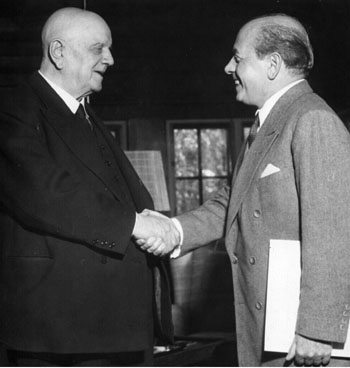
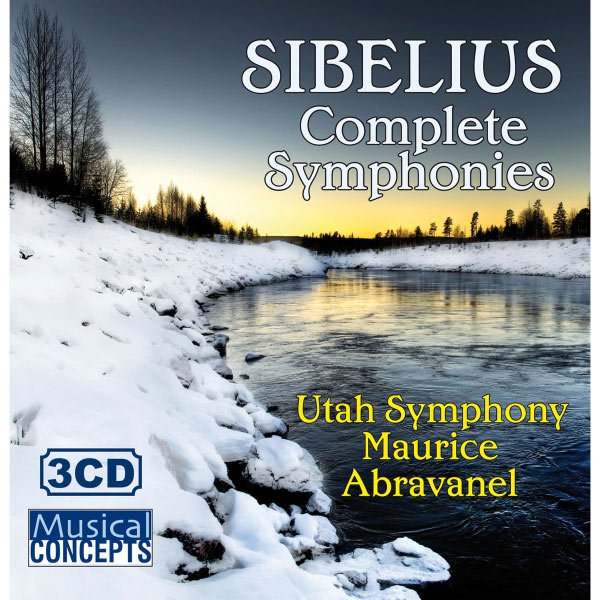
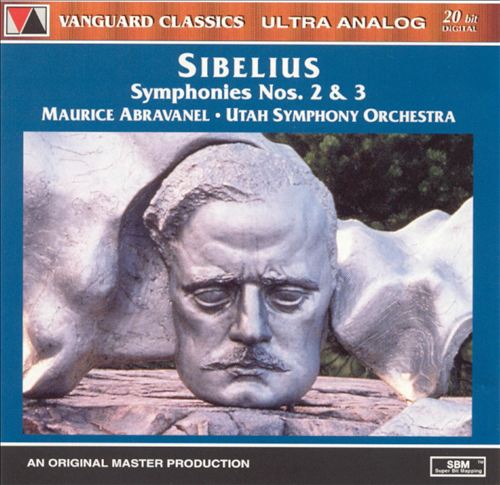
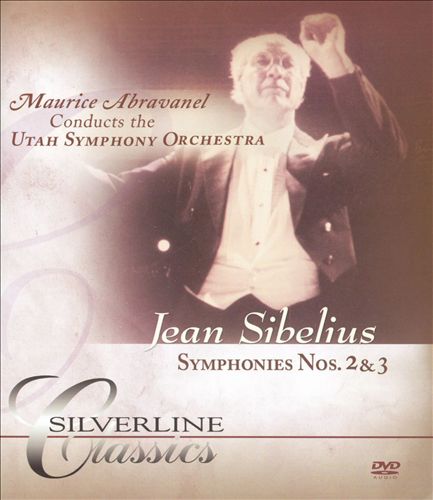
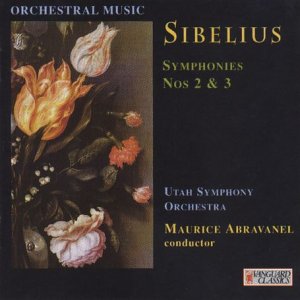
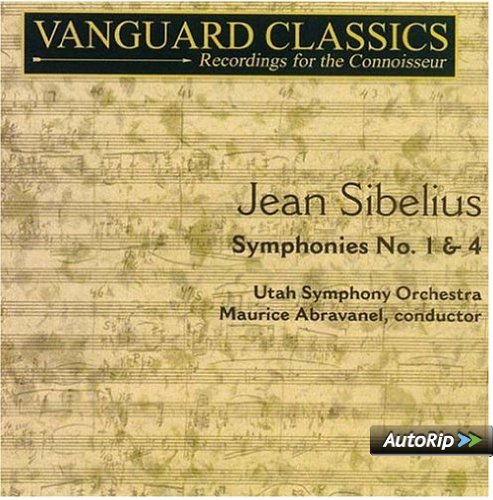
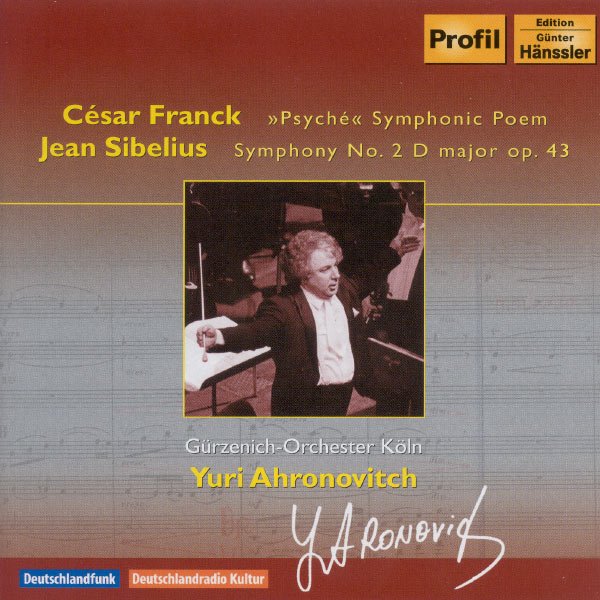
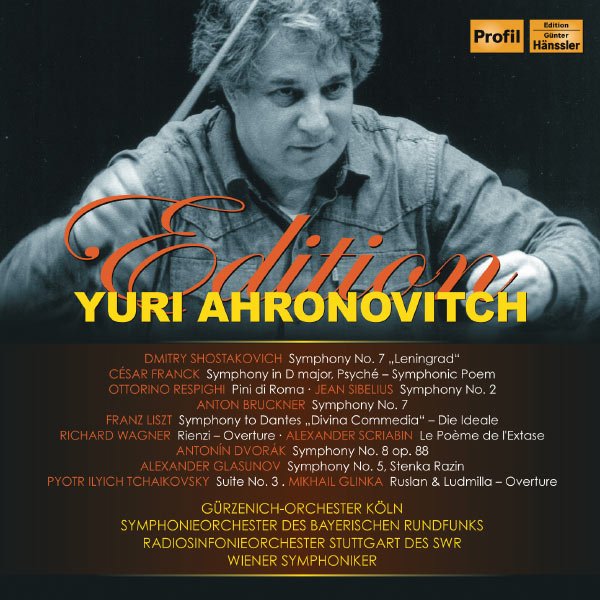
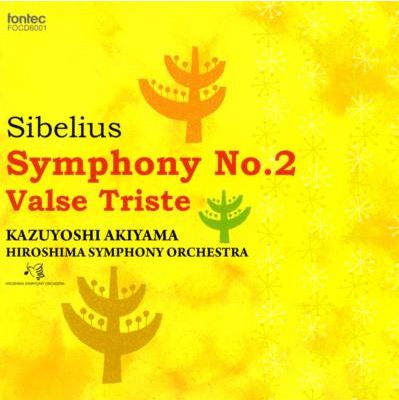
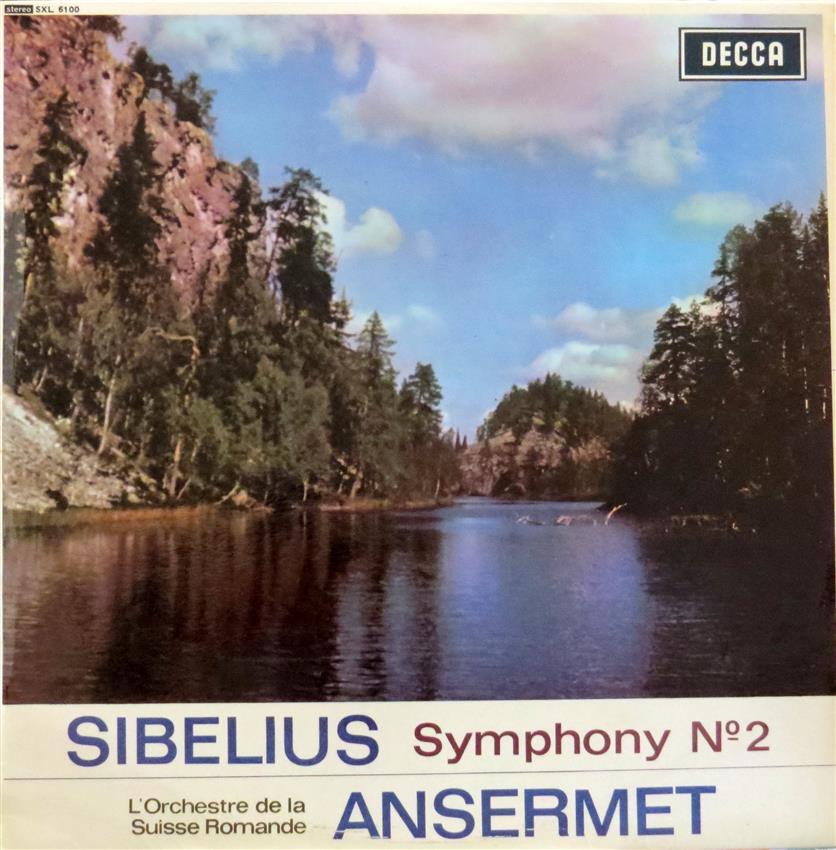
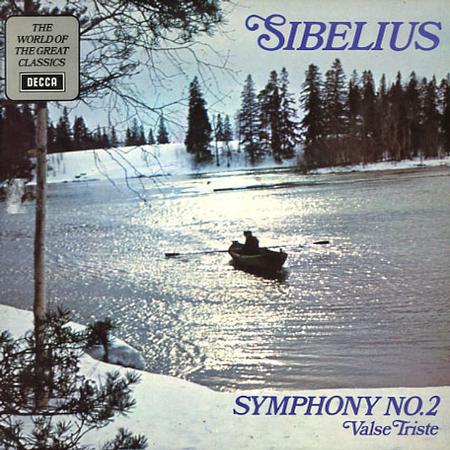
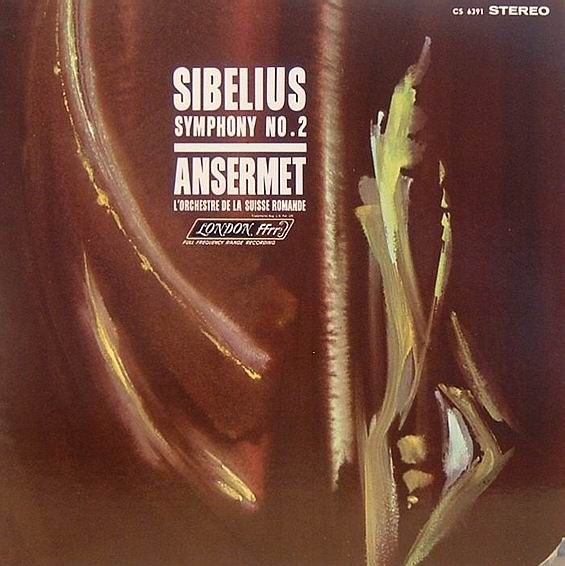
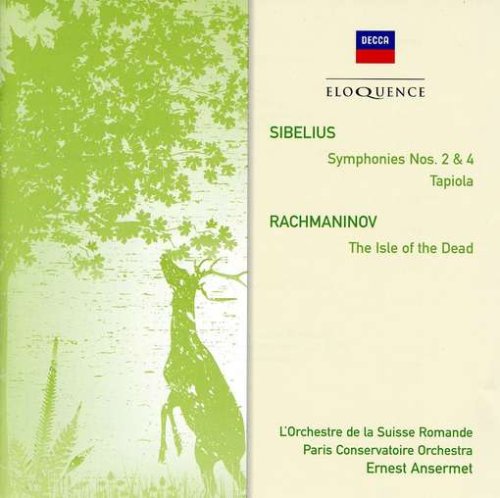
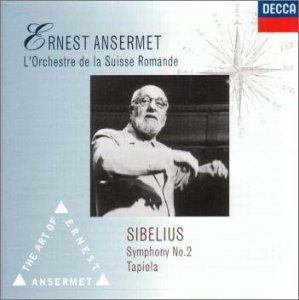
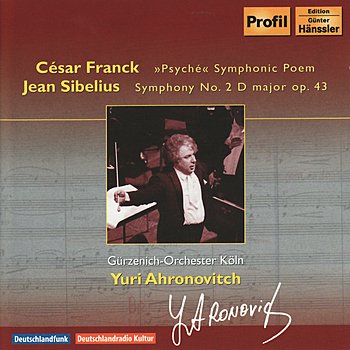

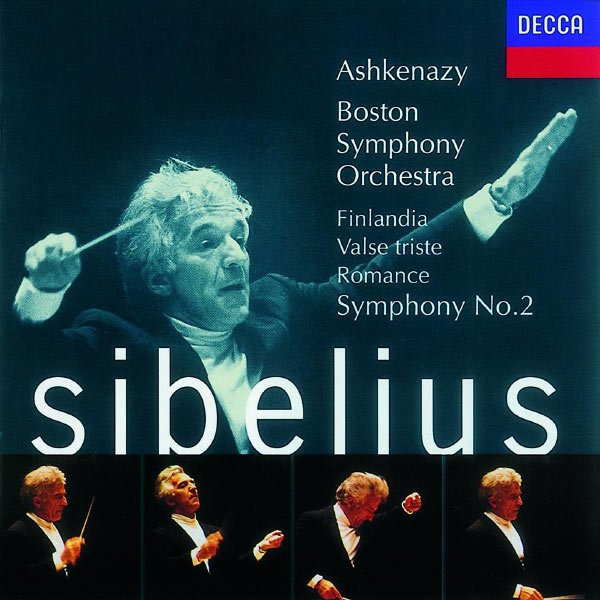
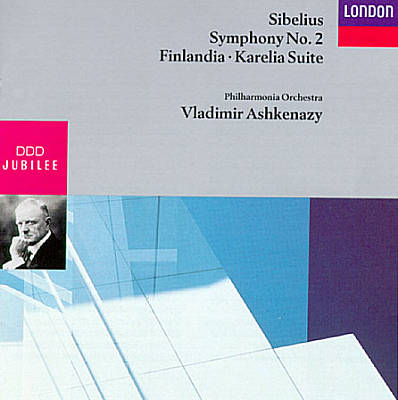
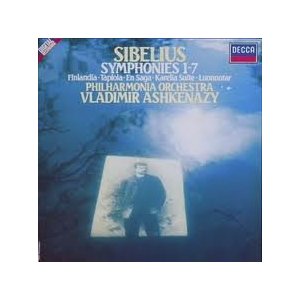

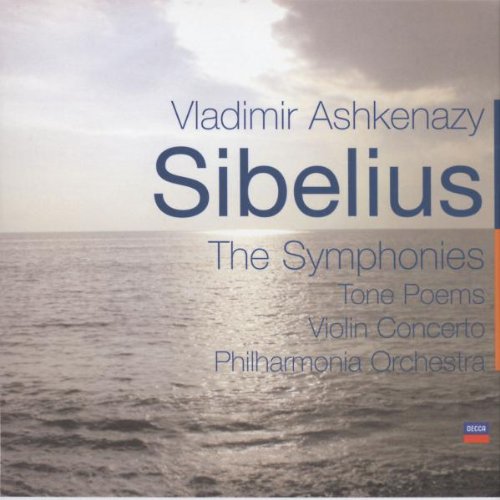

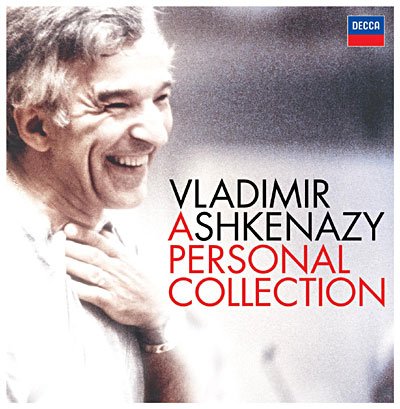
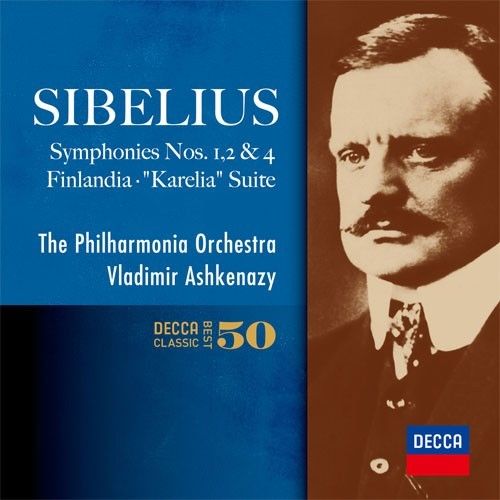
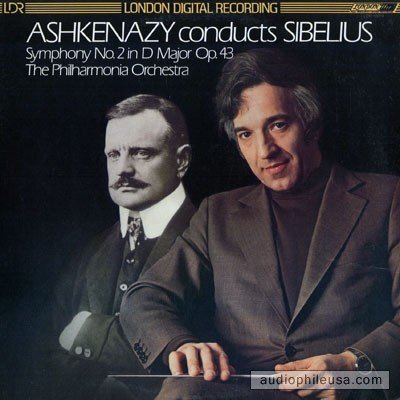
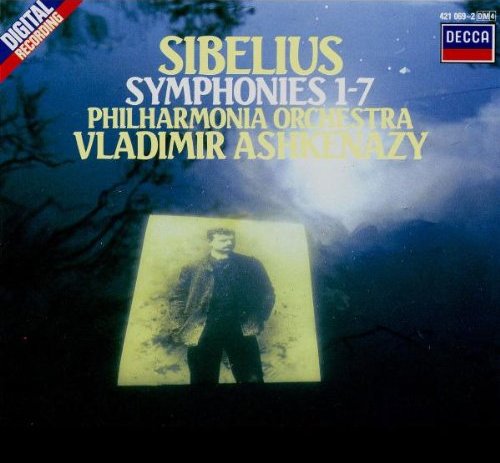
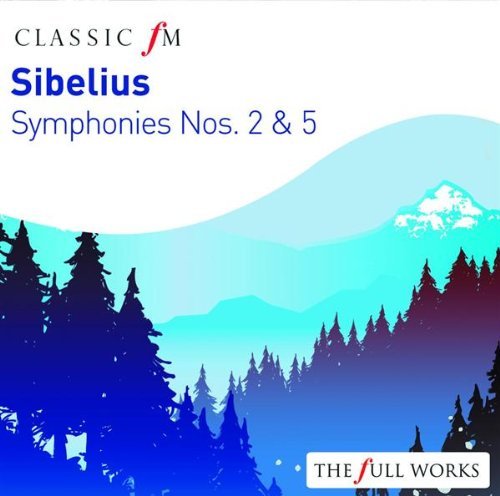
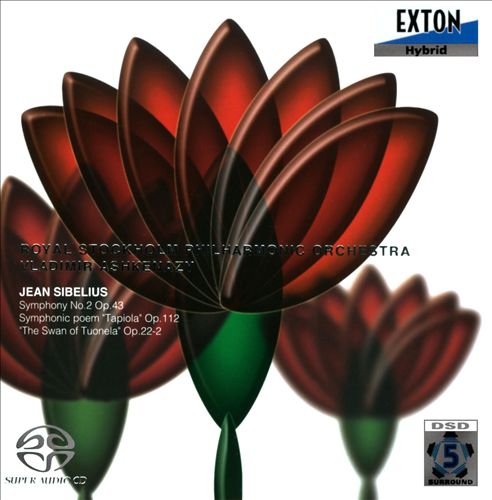
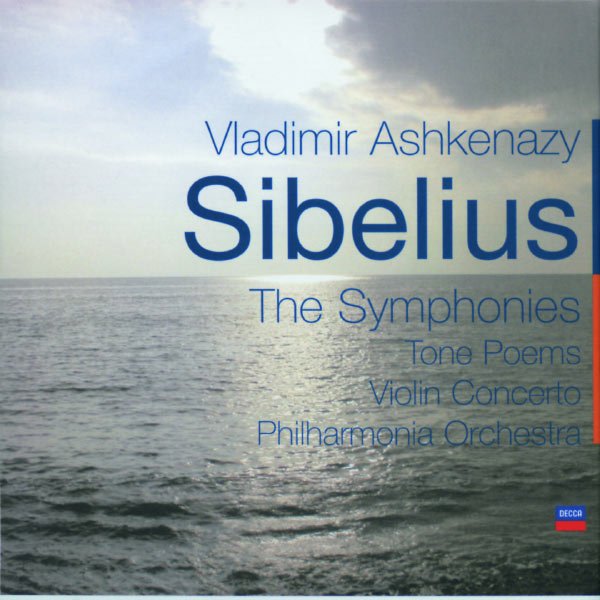
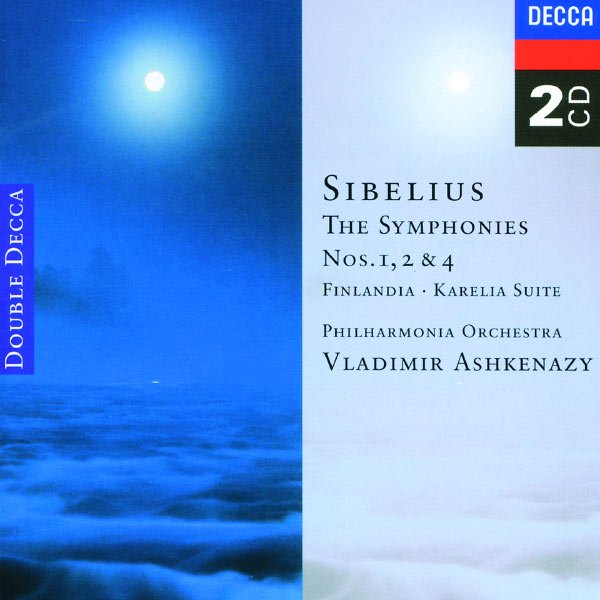
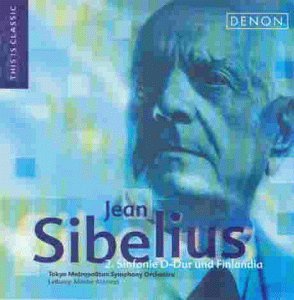
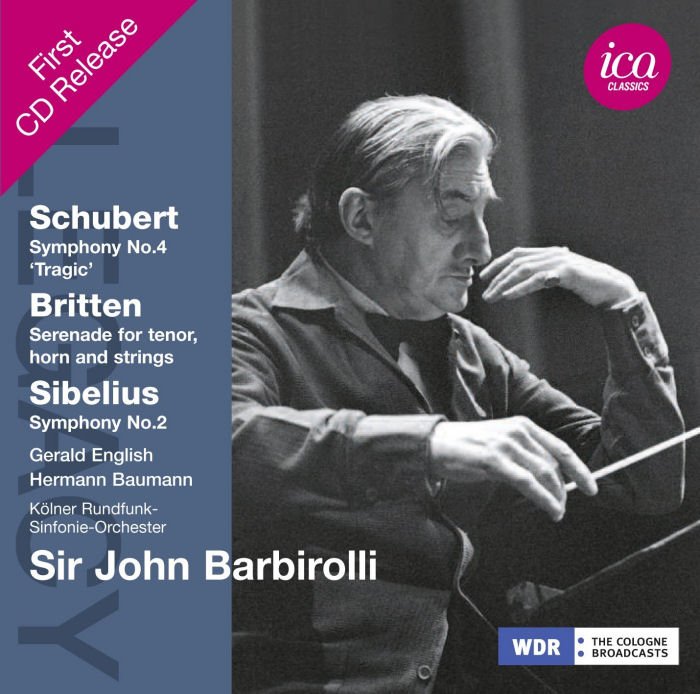
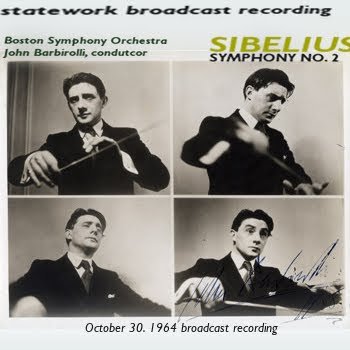
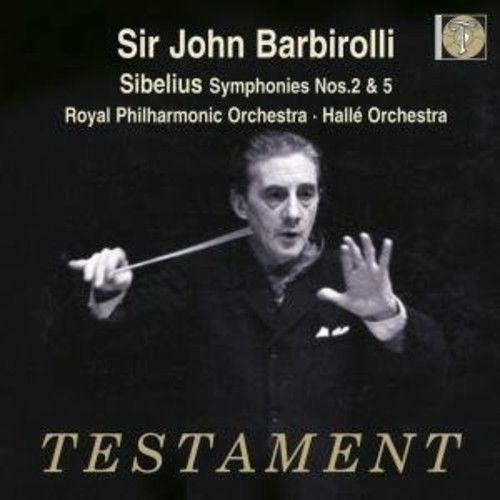
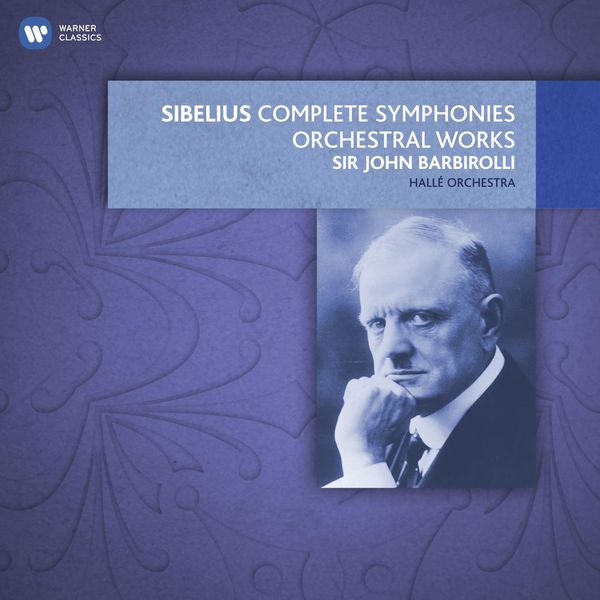
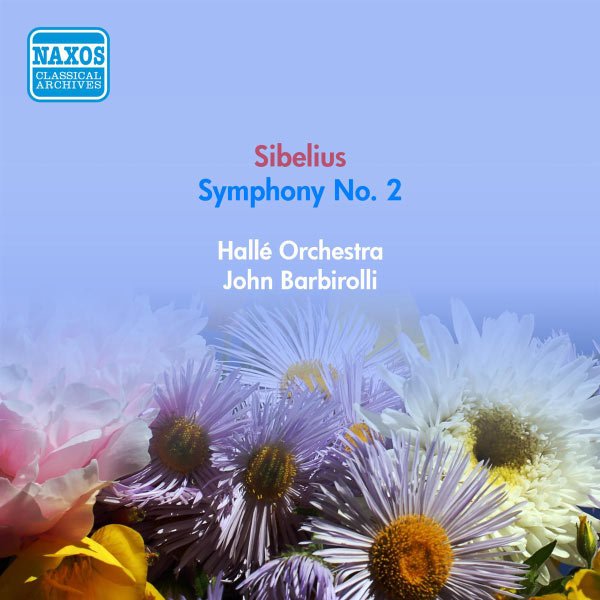
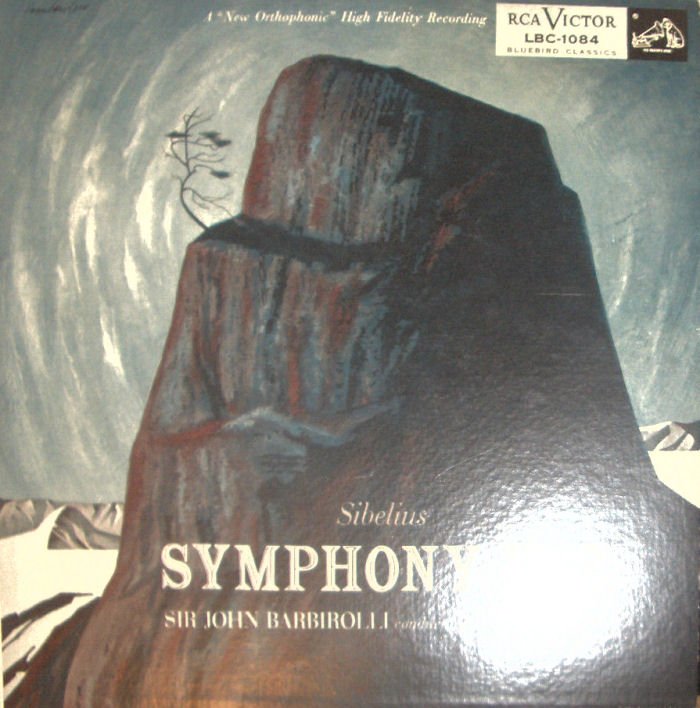
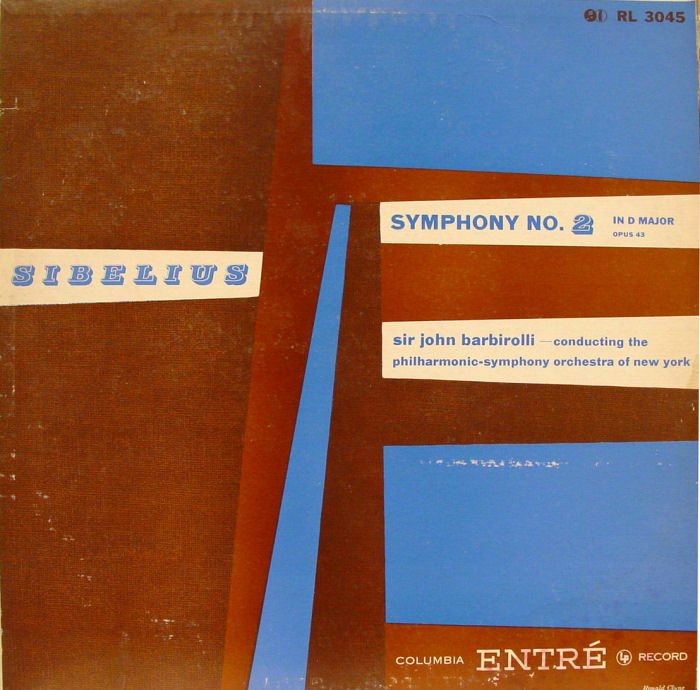
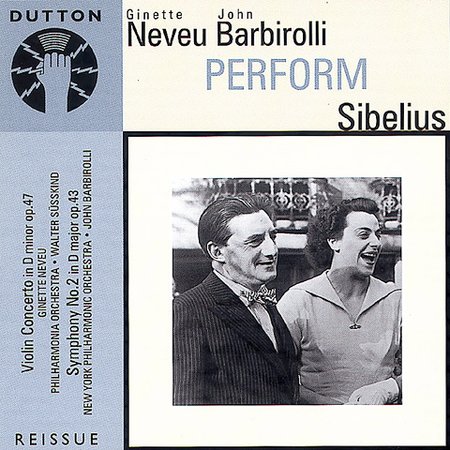
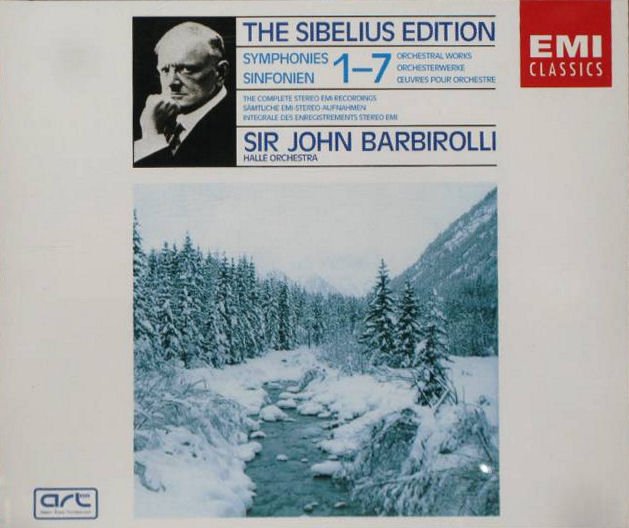
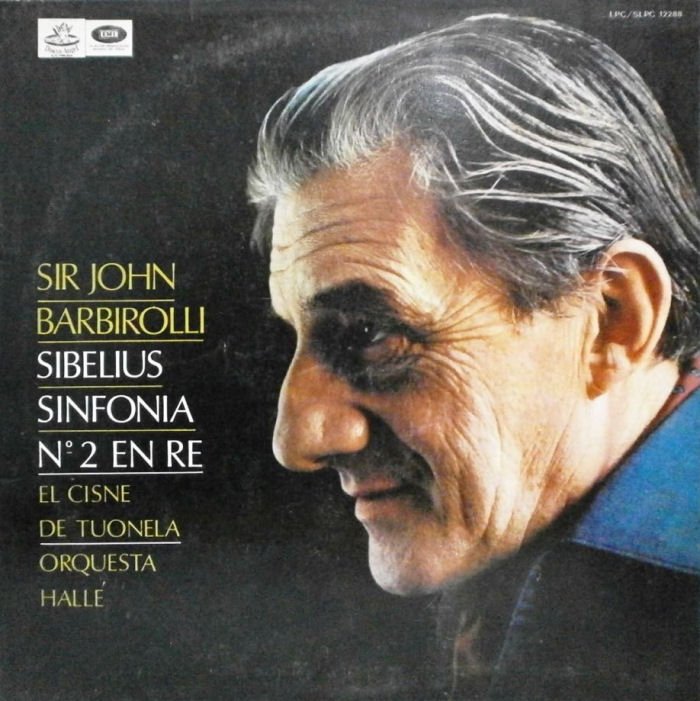
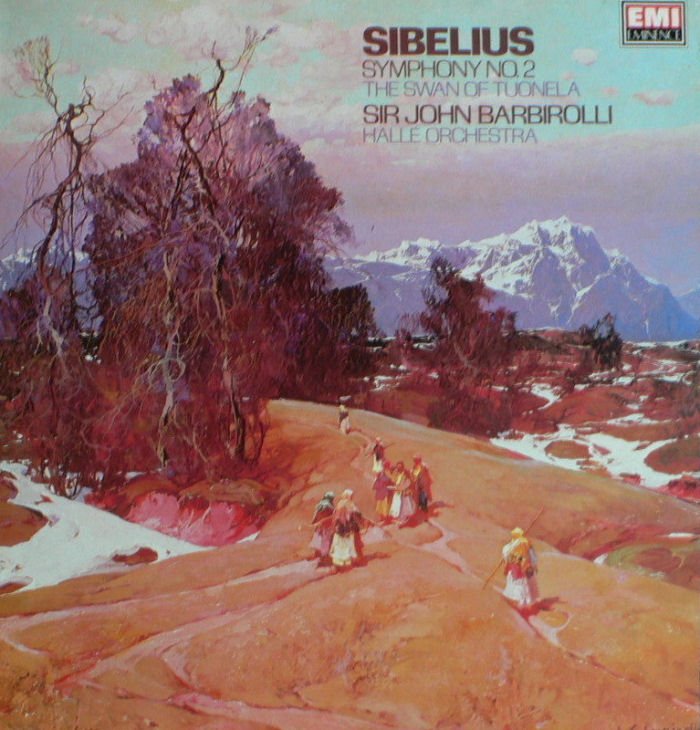
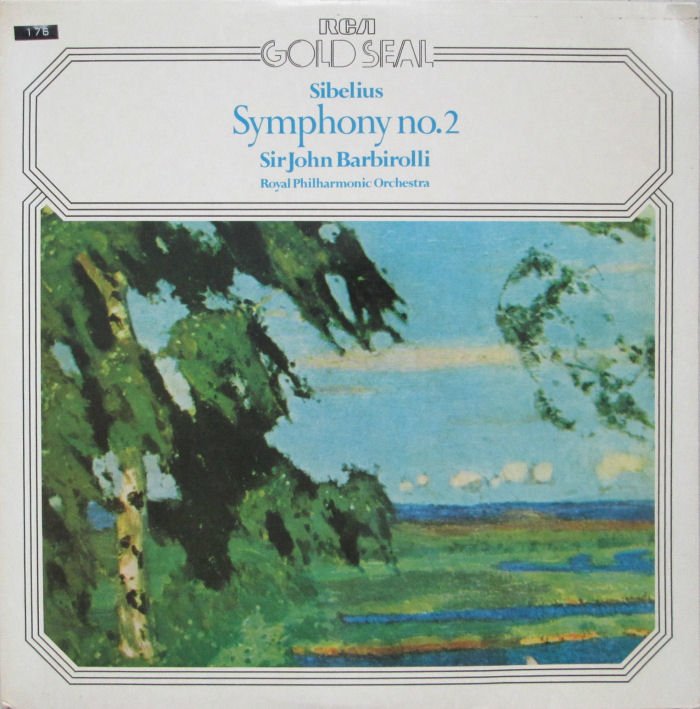

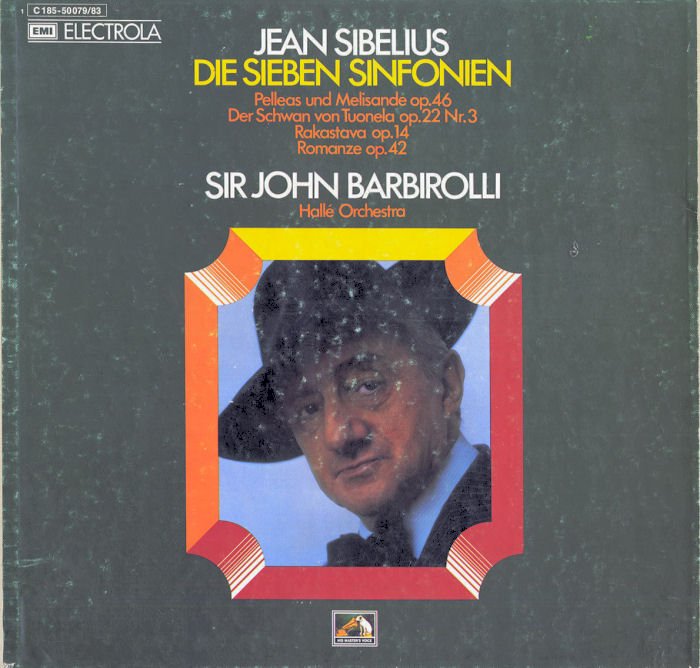
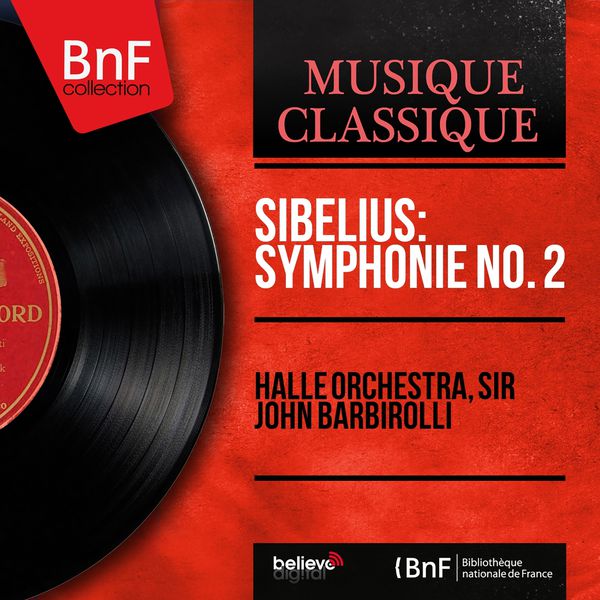
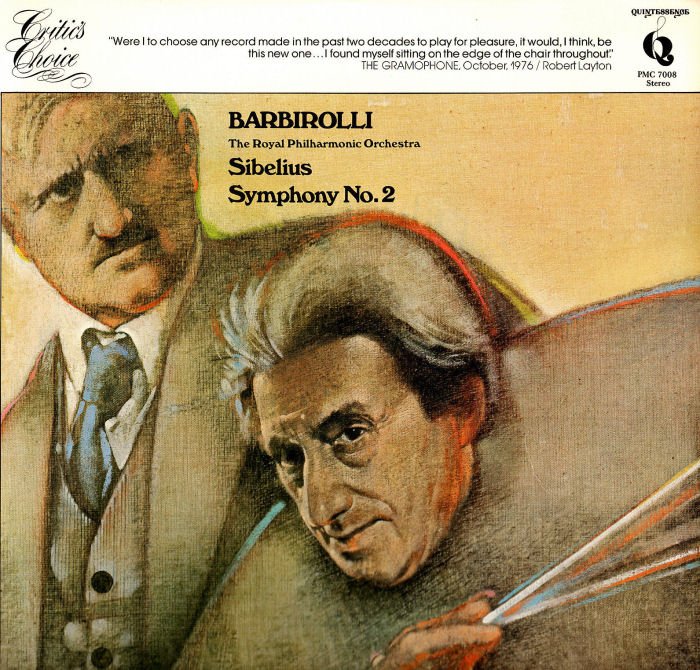
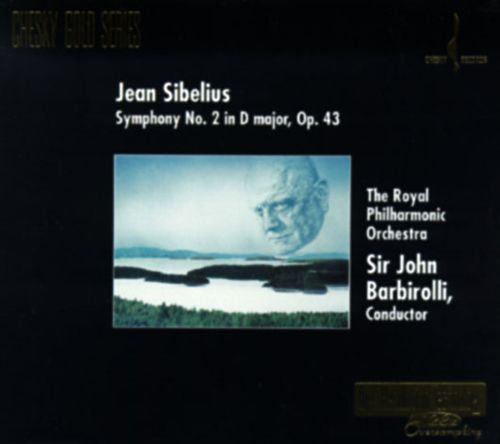
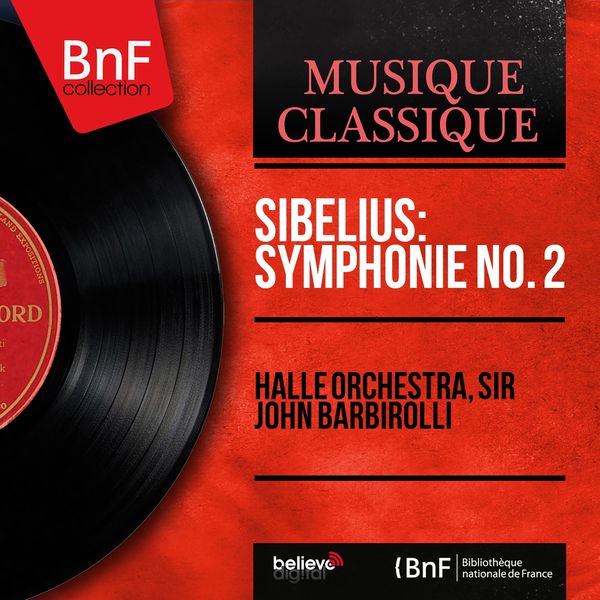
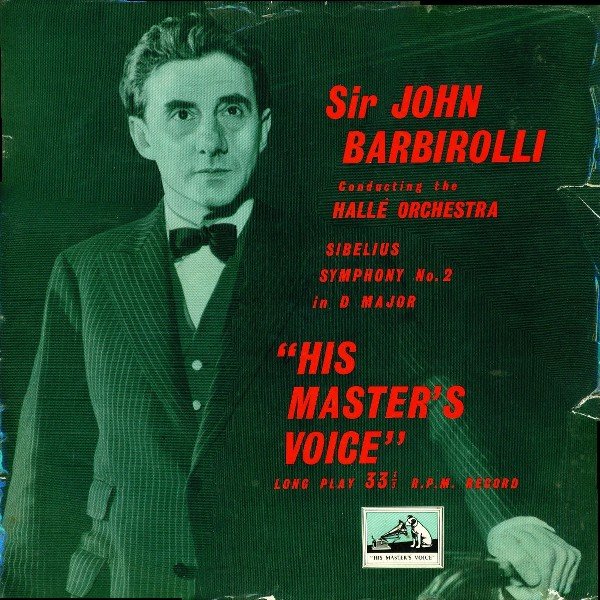
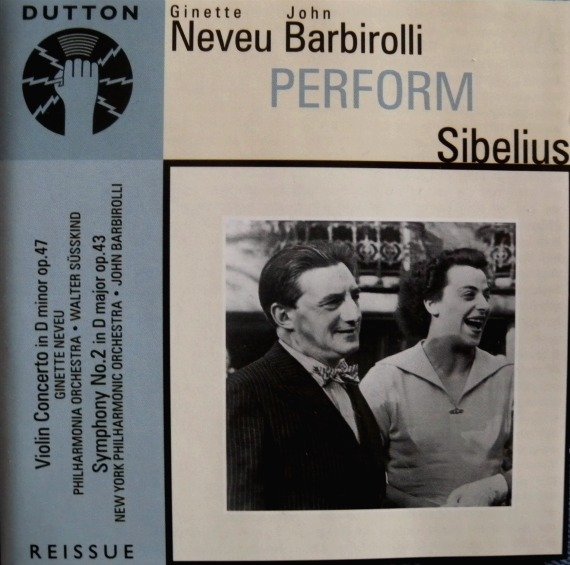
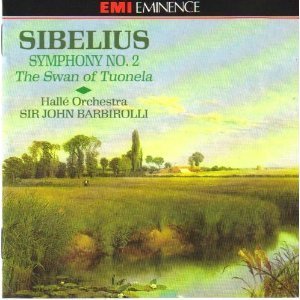
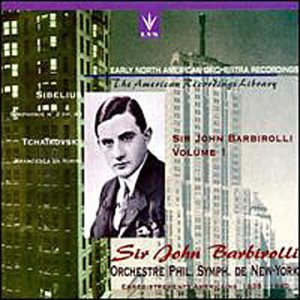
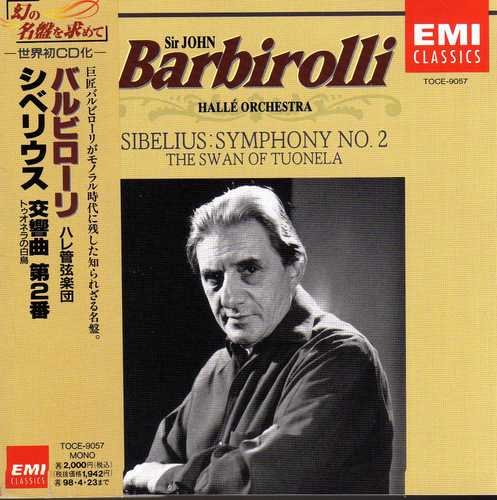

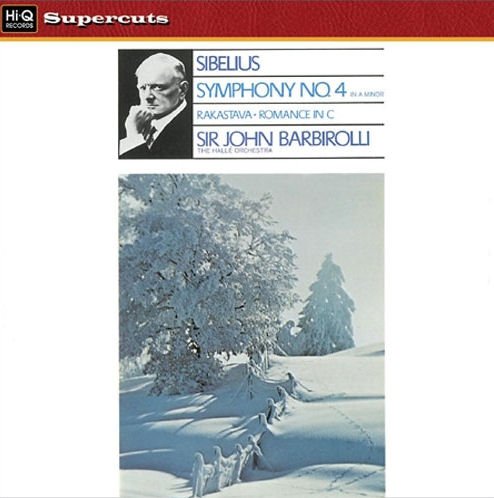
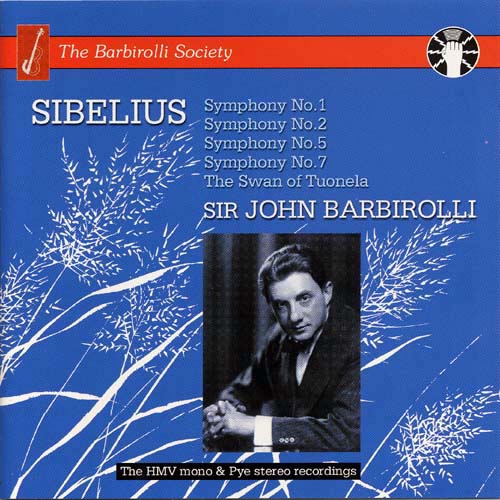
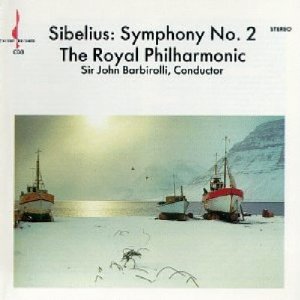
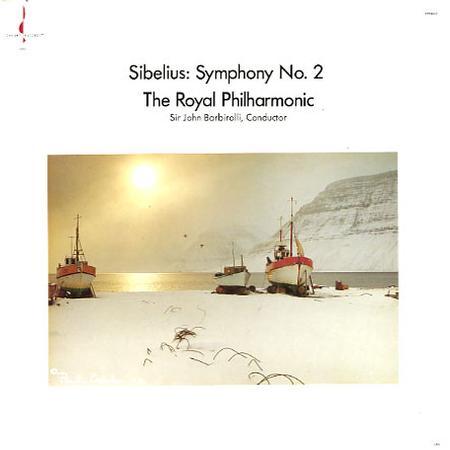
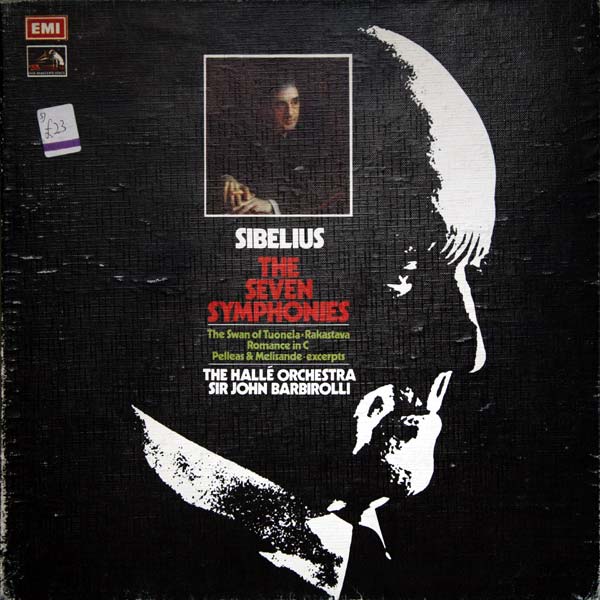
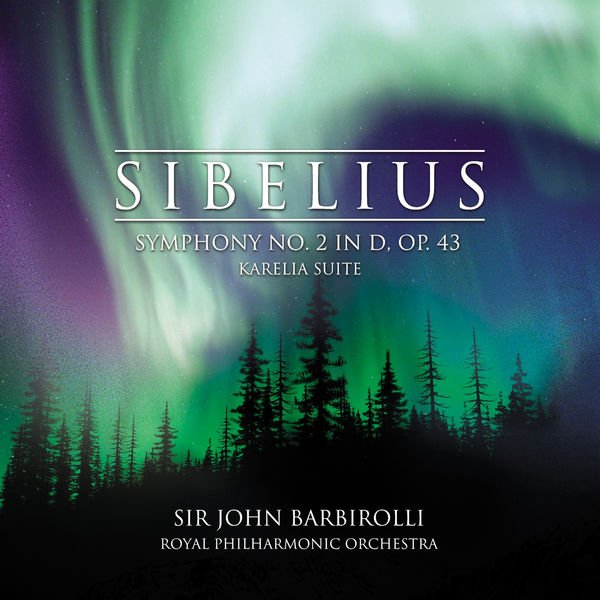
You should give C.von Garaguly a chance .
Couldn’t get it…